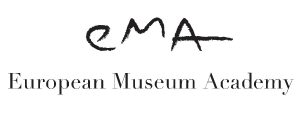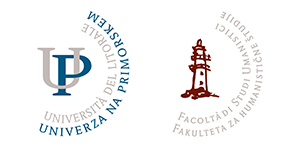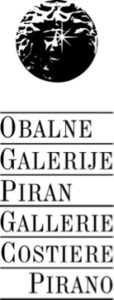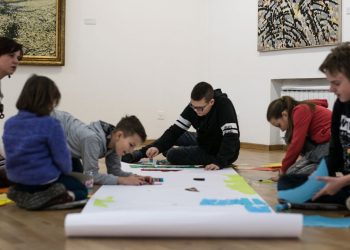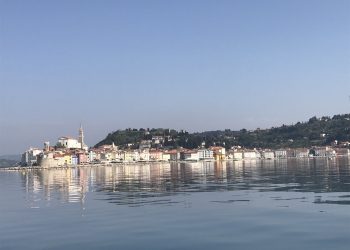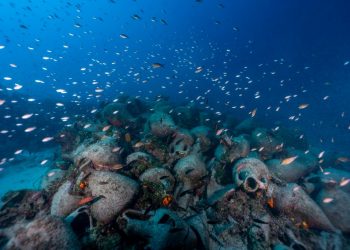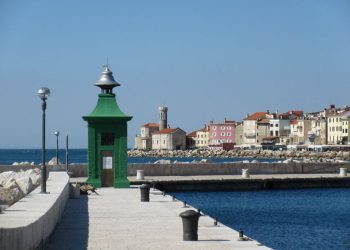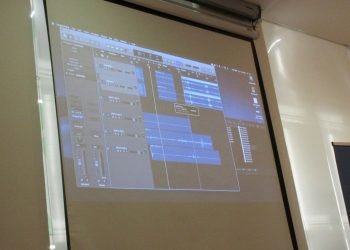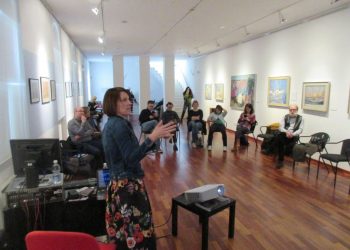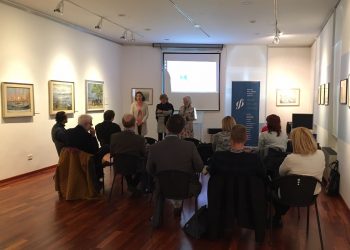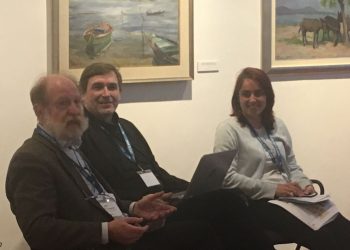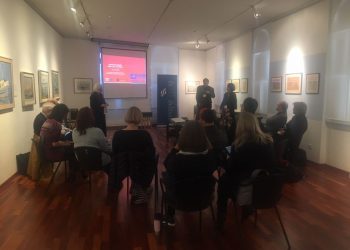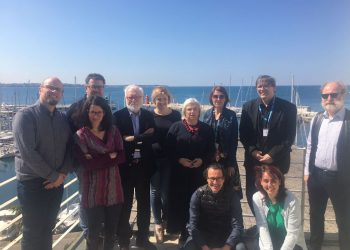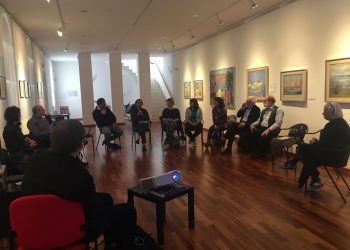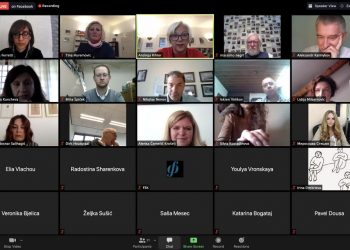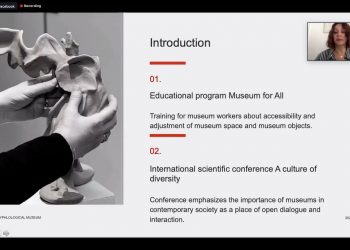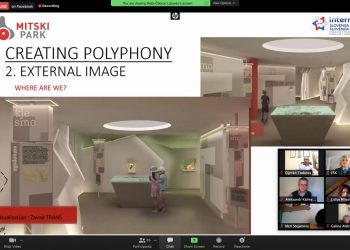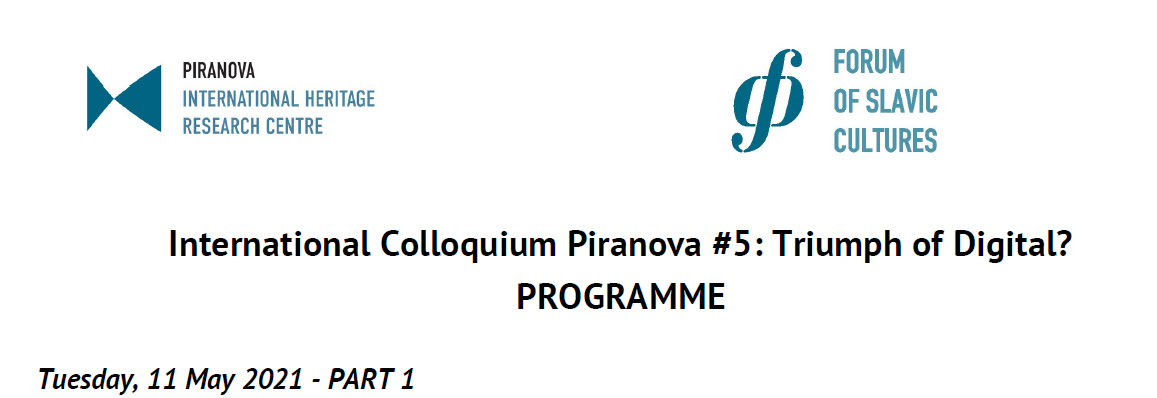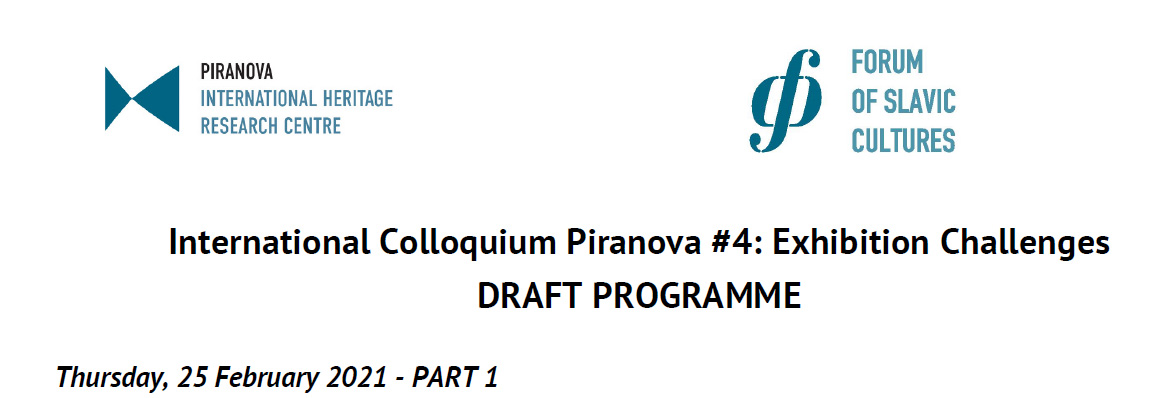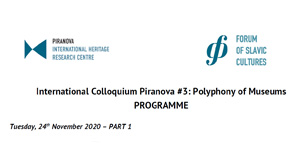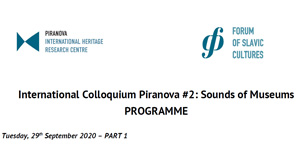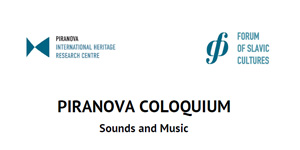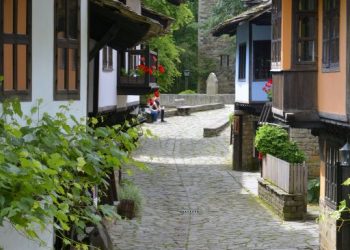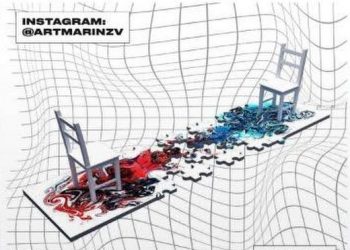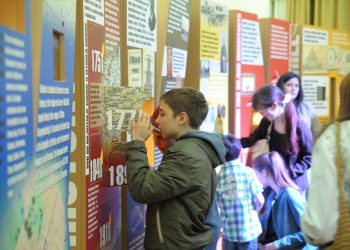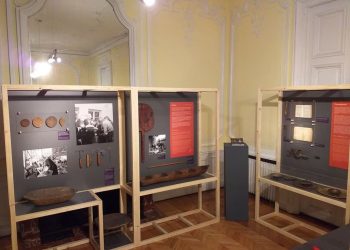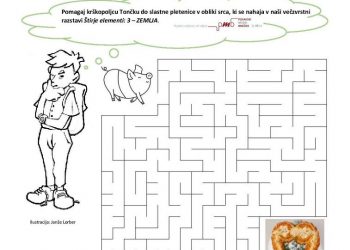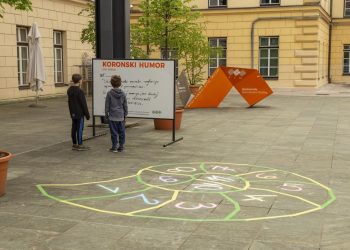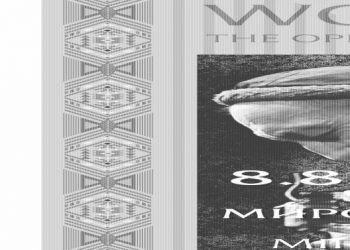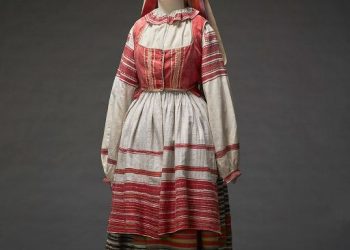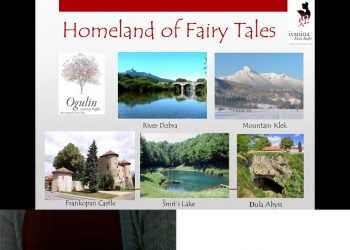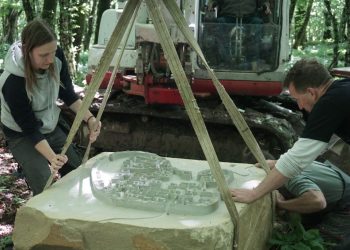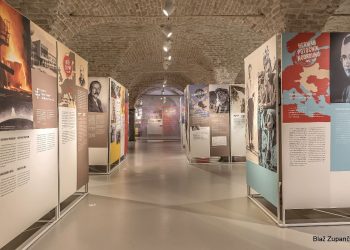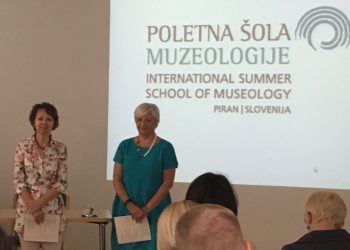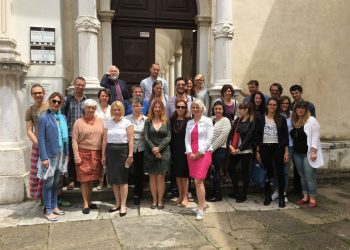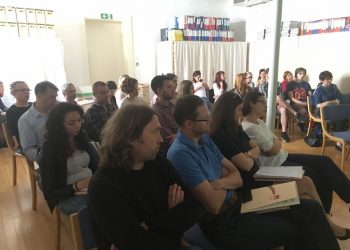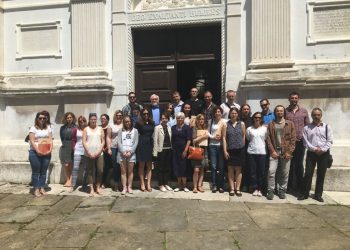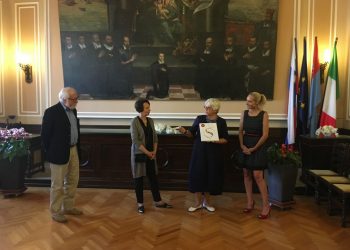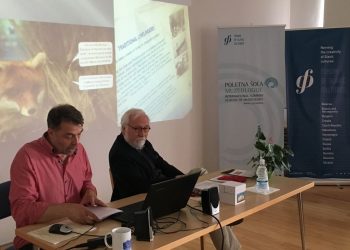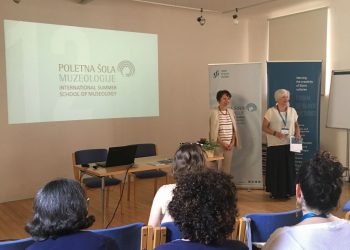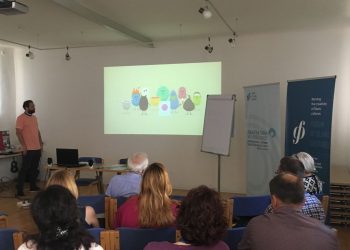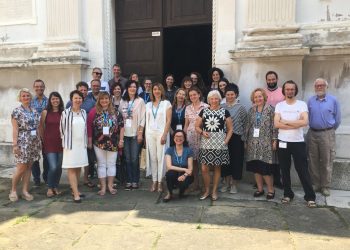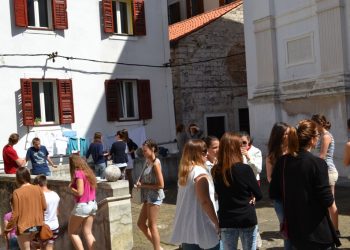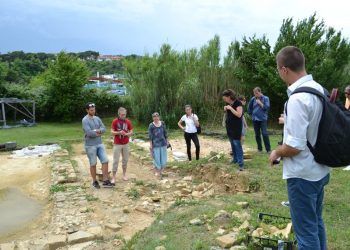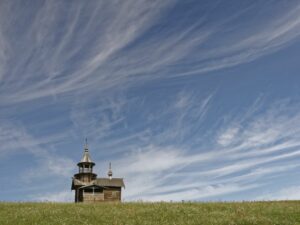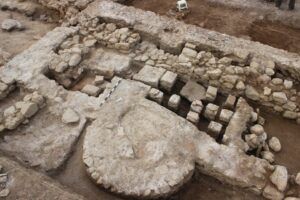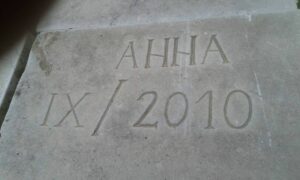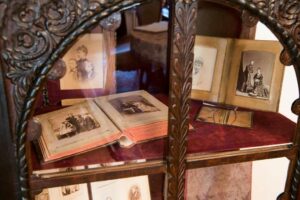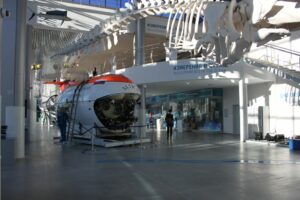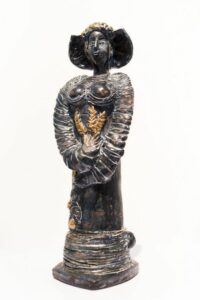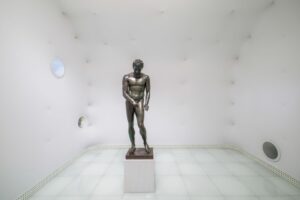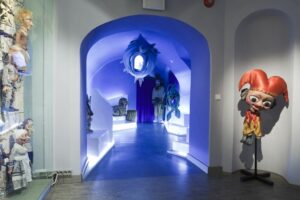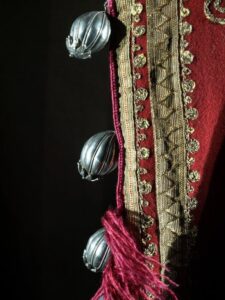Piranova
Piranova – International Heritage Research Centre tackles the issues that challenge the traditional concepts and shape the development of heritage and society. The focus is on heritage and on museums of all types and sizes, which are becoming the key institutions that support the community, promote activism and positive social change.
The following Piranova’s activities are voices of the diverse modern world and agents of the patrons of the world heritage:
- International Colloquiums
- International Summer School of Museology
- Presentations Insights
- Online Library
“Piranova tends to the needs of the professional public: scientists, curators, students, teachers, managers and other professionals concerned with tangible and intangible heritage and cultural policies.
INTERNATIONAL COLLOQUIUMS
Goals
- to create a space for boosting creativity, expanding the knowledge on possibilities and opportunities of new technologies in the field of heritage,
- to listen to each other and hear what others have to say,
- to share the experiences, knowledge and feelings,
- to open the space for the flow of information and practices,
- to build new bridges, partnerships and be present in the international arena.
Network
The colloquium consists of lectures and practical work based on dialogue and the experiences of individuals from different fields of work that also play important role in the activities in the field of heritage. With participants and experts from across the world and within a content-rich programmes, social events, excursions, etc. there are plenty of opportunities to network, mingle and create new ties.
Location: Piran/Republic of Slovenia The colloquium entitled Museums in Digital will shed light on the opportunities, strengths, dangers, and weaknesses of a digital museum experience. Digital technologies enable the development of new museum practices and reinterpretations of museum collections, new forms of museum participation, networking, and accessibility of heritage. Using augmented reality (AR), virtual reality (VR), and 3D digital technologies, museums offer visitors new ways of understanding and communicating. The agenda for digitization in museums was established decades before the COVID-19 pandemic, but the physical closure of museums, especially in the first wave of the pandemic, moved the diverse social interaction of museums to digital environments. We are witnessing completely new digital experiences. The time of pandemic restrictions on life and functioning has shaped many digital innovations, solutions, and adaptations. The colloquium offers an overview of innovative projects in this field and at the same time brings a critical point of view to virtual and mixed reality, emphasizing that we must use information and digital tools thoughtfully and critically and with a clear goal.International Colloquium Piranova #8
Museums in Digital
Venue: Herman Pečarič Gallery (Leninova ulica 2)
Date: 29 March – 1 April 2023
Organized by: International Foundation Forum of Slavic Cultures
Topic: Museums in Digital
Partner: Piran Coastal Galleries (Obalne galerije Piran), Sloveni
International Colloquium Piranova #7
FSK connects Ukraine, ICOMAM and ICOM-SEE
The online meetings were as follows:
- March 24, 2022
- April 21, 2022
- June 8, 2022
In 2022, the Forum of Slavic Cultures has been in regular contact with Ukrainian museums. In the pursuit of networking cultural and other institutions, which is also the mission of the FSK, we held several online meetings with representatives of museums in Ukraine and other partners, and have launched a special webpage dedicated to Ukrainian cultural heritage.

International Colloquium Piranova #5
11 May 2021
Triumph of Digital?
International Colloquium Piranova #6
Sound Waves
E-magazin | Programme
6 – 8 October 2021
Institute for Archeology and Heritage, Faculty of Humanities, University of Primorska, Piran/Slovenia
Lecturers talked about the meaning of sound, its influence on the perception of the world, soundscapes in museums and museum displays, and use of new technologies in cultural heritage presentations. They also presented various good practices. At the workshop led by Italian composer and musician Claudia Ferretti the participants created and narrated their own sound stories.
Sound postcards
Song of the Whale
Remote Rumours
New world
International Colloquium Piranova #5
Triumph of Digital?
In their lectures, experts from seven countries participating in the international colloquium Piranova entitled “Triumph of the Digital?” gave concrete examples of their experience with the digital shift in the recent period. Two online workshops also took place in the framework of the colloquium.
Video
International Colloquium Piranova #4
The event featured lectures and presentation of the book Developing exhibitions as well as two workshops. The common thread revolved around the approaches to building both permanent and periodic exhibitions in museums, and their different aspects: internal and external human resources, content development in the context of space, digital production, purpose, financial resources and more).
Video

International Colloquium Piranova #4
25 February 2021 / ONLINE
International Colloquium Piranova #4
Exihibition Challenges
Draft Programme
International Colloquium Piranova #3
Polyphony of Museums
E-magazine
The colloquium was conceived around two central topics. The aim was to learn more about the captivating, attractive and creative exhibitions in the first section and move on to find out more about the activities through which museums engage and develop their audiences.
Video
International Collqouium Piranova #2
Sounds of Museums
E-magazine
The colloquium, which offered online discussions as well as lectures, highlighted the following topics: museums during lockdown, team management and teamwork, exhibitions, objects, activities and events, and museum visitors and public.
Video
International Colloquium Piranova #1
Sounds and Music
Piran City Gallery, Piran/Slovenia
The colloquium was intended for museum professionals to discuss and exchange experiences on the use of sounds and music in museum work. The guest lecturers established a vivid interaction with the participants and shared the knowledge concerning the use of sounds and music in museum exhibitions, promotional activities and other forms of communication with museum visitors and various publics.
Video
HIGHLIGHTS
Piranova Colloquium
continue online
Mingle at the Piranova
Piranova named after the Piran
NEWS
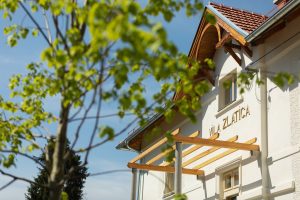
International Golden Museological Programme at Villa Zlatica
The festival took place in the garden of Villa Zlatica and the Forum of Slavic Cultures. Both authors had their novels recently published in the Hundred Slavic Novels collection, with Slovenian translations of Špegavec and Četrtek.
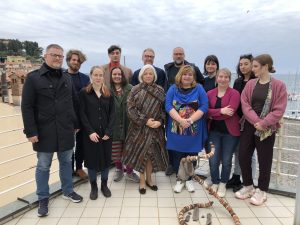
Heritage and the digital at this year’s Piranova
This year’s edition of the international four-day colloquium Piranova featured experts from Slovenia, Slovakia, Serbia, Croatia, Poland, North Macedonia and Ukraine who explored good practices in digital technologies that facilitate museums in creating a participatory and inclusive museum experience.
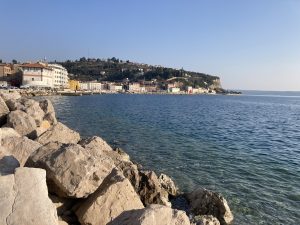
Piranova – a colloquium that brings contemporary and innovative topics and reflections coming soon
Colloquium entitled Museums in Digital will shed light on the opportunities, strengths, dangers and weaknesses of a digital museum experience.
STORY
The beginnings of the International Summer School of Museology in Piran go back to Celje when the Museum of Recent History Celje organised different educational and research activities for young people. After 2000 when special museological know-how was more and more in demand within the Slovenian museum community, the summer student museum camps were upgraded into programme of the Summer School of Museology Celje. In 2007 the school moved its activity to the Coast under the auspices of the Faculty of Humanities of the University of Primorska.
Piranova – International Heritage Research Centre was established in 2018 as a step forward from ten years activity in the museum and heritage professional trainings carried out by FSK in cooperation with the University of Primorska, Faculty of Humanities, European Museum Academy and other partners.

